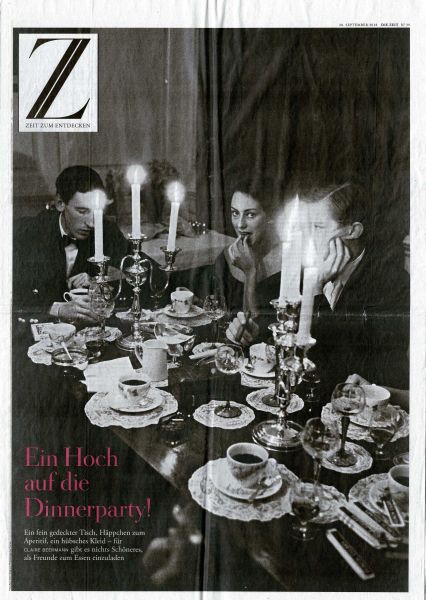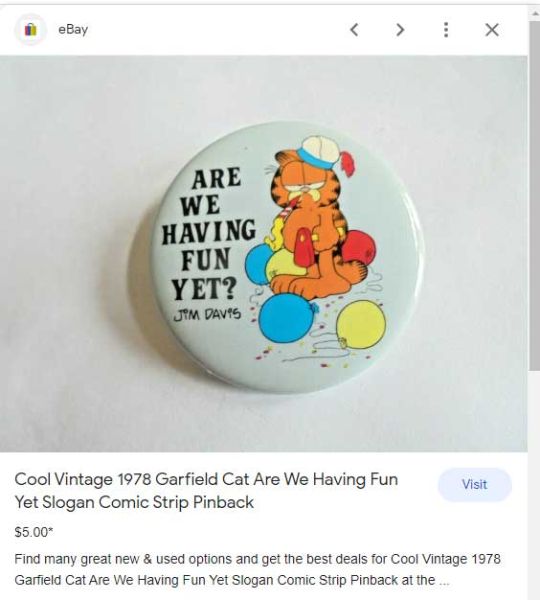Things Kids Learn
Years ago, my parents put on a supper-party for close friends. Among them was an unmarried man, whom my father had known most of his life. He drank himself into oblivion and was obviously too drunk to drive himself home. Mother mentioned this to another guest who offered to take the drunk home as a passenger in his own car. His wife followed them and picked him up in the drunk man's driveway, after he had accompanied the drunk inside.
This was the social class that formed the backdrop of my childhood. I asked my father why they all drank so much. He answered that the men had served in the military during World War II and "were just so damn glad to be alive!" when it ended, their spouses included. My parents' unmarried friend had not served in the War and was not "glad;" so I asked my mother what was ailing him.
She said very honestly to her teen-aged son, "He is 'epicene'," meaning that he had lacked a basic sexuality which, as I understood it from Mom, meant a basic lack of identity. My dad was a friend of his, and my mom reacted to him with a motherly sort of kindness. All of this happened years ago. I went on-line recently to understand the drunk man better. As a writer, I do that. I think a lot about people, whom I have known, and want to understand what makes them tick.
In War and Peace, I got to know the main character Pierre Bezukhov fairly well, and it worried me that I was somewhat like him. The bitchy and prissified upper-class of Russia spoke French, which seemed sort of artificial to me. Women liked him, Tolstoy writes, because he was "amiable". "Il est charmant; il n'a pas de sexe." Meaning he has no sex.
I came across another term, "Alexithymia," which does not reference the unmarried friend sexually but as a problem of identity and emotional content, indicating a lack of personal involvement in his own life, like Garfield, a cartoon cat plagued by boredom and emptiness: "Are we having fun, yet?" In girls, it appears as an aversionary kind of distractedness.
Boys with that affliction have a hollow-eyed, dog-laughing kind of good-cheer, prone to impulse and anger issues. We've all known people like that, who drink like there's no tomorrow. They also try any attractive recreational drug that comes along, and might confess, in a moment of anguished honesty, that they sort of hate themselves and feel like nobodies when left alone.
For me, just one human quality gives mental health its tell-tale strengths. I call it "ego-strength," or "selfhood." People become actors because the movie-script gives them not only a role to play, but a shot of genuineness. When that role ends, the encroaching emptiness means they need another shot of genuineness as soon as they can get it; but the effect eventually wears off, and the actor returns to a flat, aversionary state, and it plays hell on his nerves.
This phenomenon interests me because the tenor of the times emphasizes people saying "I am who I am! Here are my colors! There is my flag!" Actually this attitude has influenced Americans for a lot longer. U2's song "Like a Song," released in 1983, contains references to wearing badges, waving flags, and at the same time to a more dissenting "I won't wear it on my sleeve. I can see through this expression, and you know I don't believe."
What I mean is that people have ambiguity and volatility. Call it an affliction, if you will. You have to clean house and sometimes move to a different psychological dwelling. It can also mean growth and maturity. In a free society, a governing constitution allows people to change sides, or to change without changing sides. A lot of Americans even hate the free society for that reason, because of the threat of change. The sense of accomplishing anything lags behind. . . .


